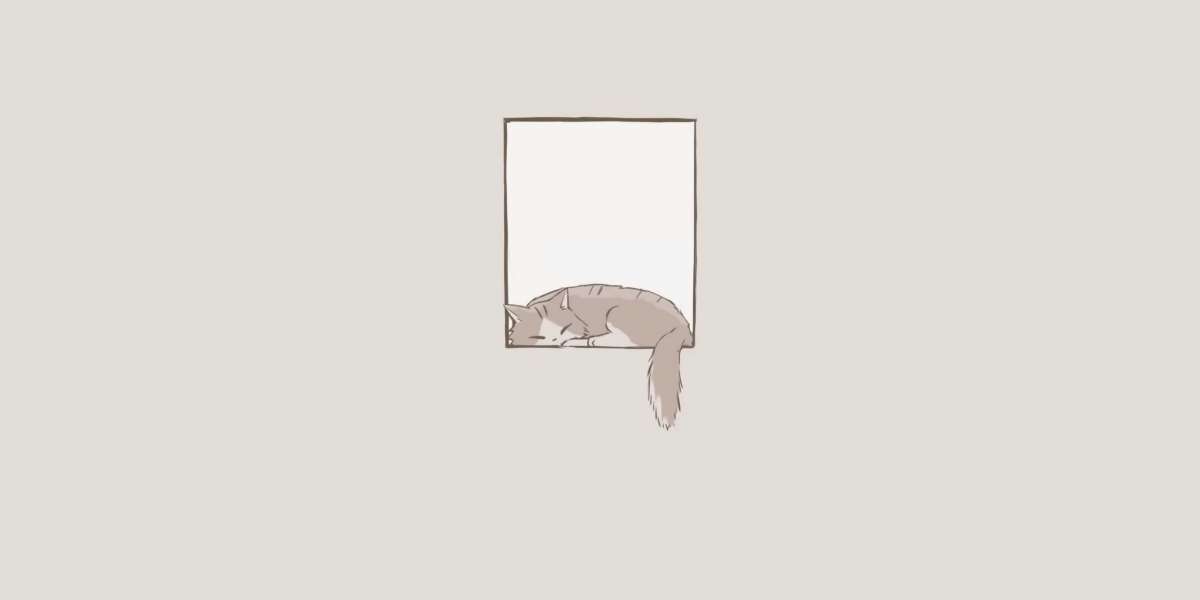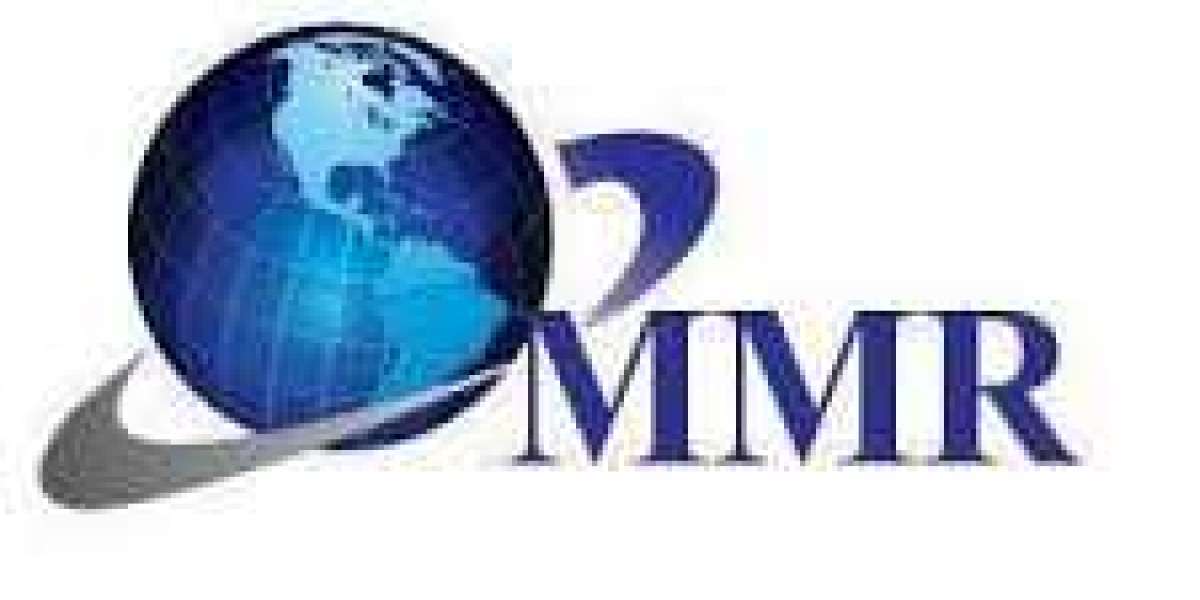The textile industry is constantly evolving, driven by technological advancements and the need for efficiency. Leading textile machinery suppliers play a crucial role in this transformation, offering state-of-the-art equipment that enhances productivity and quality. In this article, we will explore the latest innovations from these suppliers, providing a deep understanding of the current trends and technologies shaping the textile sector.

Cutting-Edge Technologies in Textile Machinery
What are the latest technologies being introduced by textile machinery suppliers? The answer lies in automation, digitalization, and sustainability. These three pillars are driving the development of new machinery that not only improves efficiency but also reduces environmental impact.
“Automation and digitalization are revolutionizing the textile industry, making processes faster and more reliable.”
For instance, the integration of Internet of Things (IoT) in textile machinery allows for real-time monitoring and predictive maintenance, minimizing downtime and optimizing performance. Additionally, advancements in artificial intelligence (AI) enable machines to learn and adapt, further enhancing their efficiency.
Top Textile Machinery Suppliers and Their Innovations
Several leading textile machinery suppliers are at the forefront of these innovations. Companies like Itema and Rieter are introducing groundbreaking technologies that are setting new standards in the industry.
- Itema: Known for their advanced weaving machines, Itema has recently launched the R9500-2denim, which offers superior performance and flexibility.
- Rieter: A leader in spinning technology, Rieter's G 38 ring spinning machine provides high productivity and excellent yarn quality.
These innovations are not just about improving performance; they also focus on sustainability. For example, Rieter's machines are designed to reduce energy consumption and waste, aligning with the industry's move towards greener practices.
Impact of Innovations on the Textile Industry
How do these innovations impact the textile industry? The benefits are manifold. Firstly, enhanced efficiency leads to increased production capacity, allowing manufacturers to meet growing demand. Secondly, improved quality control ensures that the final products meet high standards, reducing the rate of defects and returns.
Moreover, the emphasis on sustainability helps textile companies comply with environmental regulations and appeal to eco-conscious consumers. This shift towards greener practices is not just a trend but a necessity, as the industry faces increasing scrutiny over its environmental footprint.
Future Trends in Textile Machinery
What does the future hold for textile machinery suppliers? The focus will likely remain on automation, digitalization, and sustainability. However, we can also expect to see advancements in smart textiles and nanotechnology, which will open new possibilities for innovative fabrics and applications.
Additionally, the integration of blockchain technology could revolutionize supply chain transparency, ensuring that every step of the production process is traceable and accountable.
Conclusion
In conclusion, the latest innovations from leading textile machinery suppliers are transforming the industry, driving efficiency, quality, and sustainability. As these technologies continue to evolve, they will undoubtedly shape the future of textiles, offering exciting opportunities for manufacturers and consumers alike.
References
References
Related Video
Related Image









